“Oil. Religion. Occupation. … A Combustible Mix.”

Al-Shabaka Policy Advisor Victor Kattan secured the release of new documents under the United Kingdom’s Freedom of Information Act. One revelation is that Israel may already be exploiting oil in the occupied Palestinian territories. As one official noted, this will make it even harder for Britain to justify aid for a land that could be self-reliant if it were free – further evidence of the need to push for an end to Israel’s occupation not pay for it.
Israel’s Nukes Derail U.S. Nonproliferation Goals

According to U.S. and Israeli intelligence, Iran is not building nuclear weapons, but cracking down on the country is a top U.S. policy goal. By contrast, Israel’s longstanding nuclear weapons program is rarely mentioned. In this policy brief produced in collaboration with American Muslims for Palistine, Al-Shabaka Policy Advisor Victor Kattan argues that if the U.S. is really serious about nuclear nonproliferation it must also tackle Israel’s massive nuclear arsenal.
Farming Palestine for Freedom
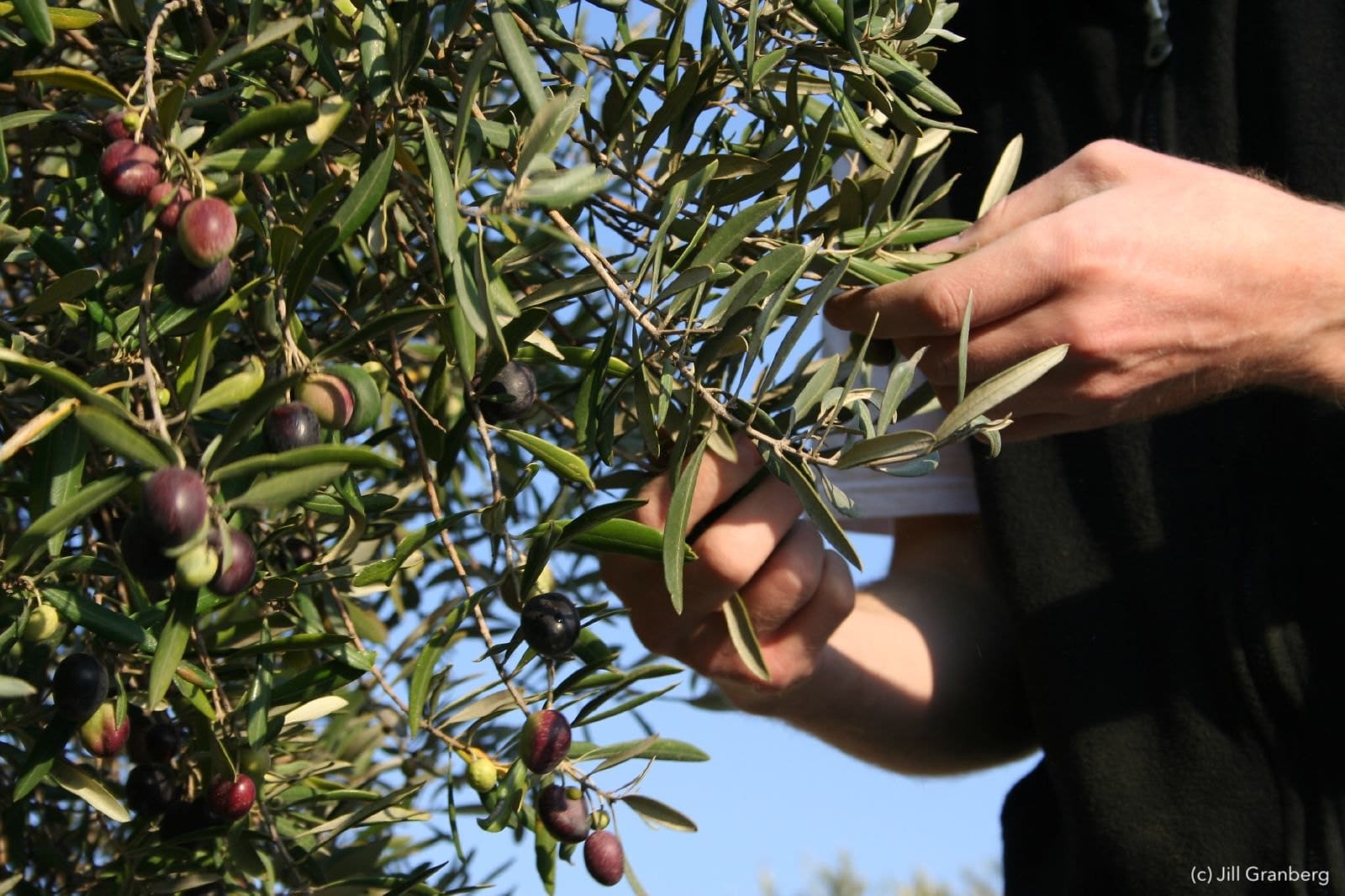
For Palestinians, agriculture is more than a source of income or an economic category in budgets and plans. It is tied to the people’s history, identity, and self-expression, and drives the struggle against Israel’s Separation Wall. In this brief, Lebanese activist, author, and agronomist Rami Zurayk joins Al-Shabaka Policy Advisors Samer Abdelnour and Alaa Tartir to tackle the almost spiritual significance of the land to the Palestinians and the deliberate Israeli efforts to break the link between farmers and their crops. Click below for the full brief or read the executive summary.
The Gas Fields off Gaza: A Gift or a Curse?
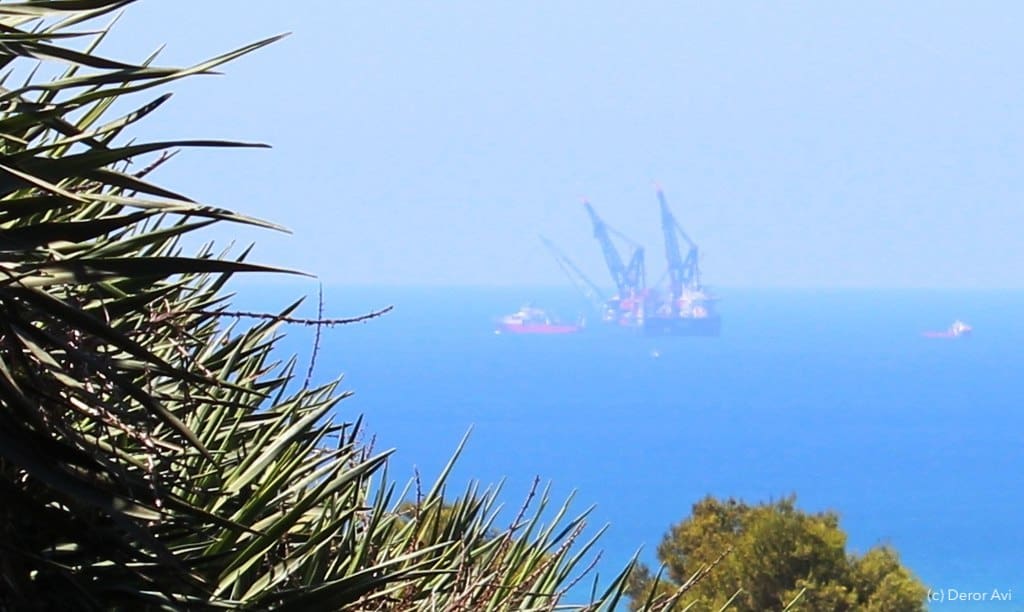
The Egyptian-Israeli gas deal has come unstuck, partly due to the artificially low price Israel was paying for it. Will this help the Palestinians, whose gas fields off the coast of Gaza remain undeveloped and hostage to Israeli demands to be sold at ludicrously low prices?
Trapped by Denial of Rights, Illusion of Statehood: The Case of the Palestinian Refugees in Lebanon
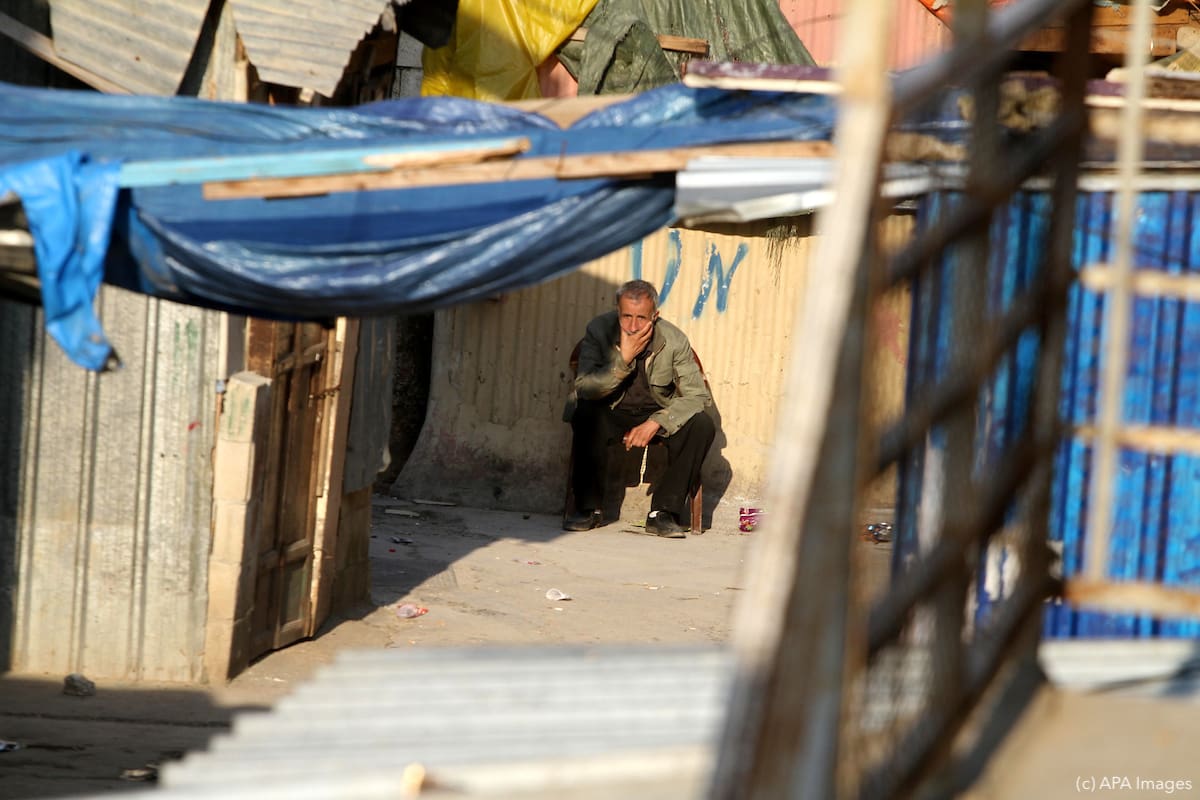
The bid by the Palestine Liberation Organization (PLO) / Palestinian Authority (PA) to join the United Nations as a member state has complicated the already precarious status of Palestinian refugees in Lebanon. In this policy brief, Jaber Suleiman addresses the way in which Palestinian refugees are facing the double-edged challenge of denial of their rights and the illusion of statehood. He also discusses responses by the Palestinian community in Lebanon and in particular by civil society.
Defeating Dependency, Creating a Resistance Economy
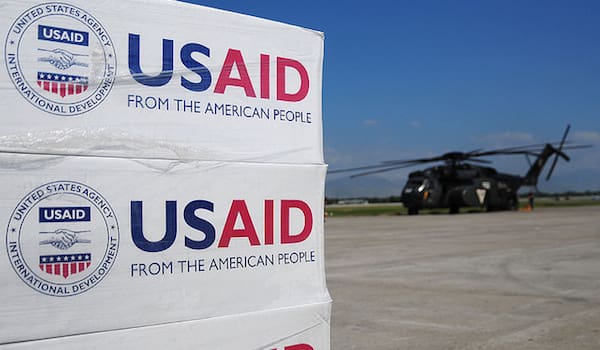
In an important recent piece – Economic Hallucination – Ramallah-based Al-Shabaka policy advisor Sam Bahour exposed the charade played by both Western donors and the Palestinian Authority (PA) to cover up the occupied territory’s inexorable economic meltdown after decades of Israeli military occupation. Arguing that the combined donor-PA approach poses major obstacles to freedom and rights, Bahour concluded: “It’s time for a new economic model, one built on economic justice, social welfare, solidarity, and sustainability.” What would such an economic model look like and how can Palestinians living under occupation move from today’s grim reality to an economy that sustains the quest for self-determination? Al-Shabaka policy advisors Alaa Tartir and Samer Abdelnour join Bahour to debate these questions and explore alternatives.
Beyond Sterile Negotiations: Looking for a Leadership with a Strategy
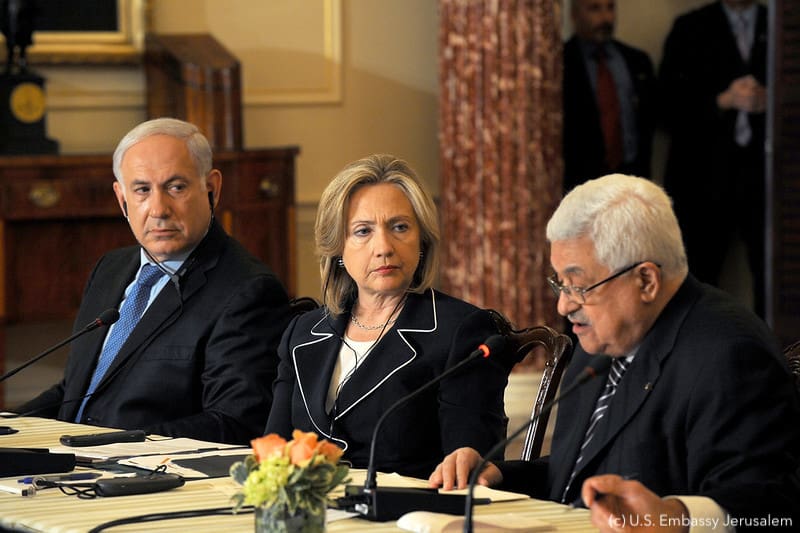
Given the abject failure of the Palestine Liberation Organization to secure Palestinian rights since it was established, and especially since it adopted an exclusive peace process track, Al-Shabaka Policy Advisor Noura Erakat argues that it is past time to explore how a national liberation strategy can be elaborated — and who can lead it. She discusses the transnational Palestinian networks that are being formed as well as the Boycott National Committee. The former have aspirations to build political programs and authoritative leadership but are still in their early stages, while the latter has become a leading body but has deliberately opted against a political program and leadership. She explores the South Africa model, and argues for a dual approach of working for rights while at the same time actively seeking answers to the pressing need for a unified political program and leadership.
Keeping an Eye on UNRWA
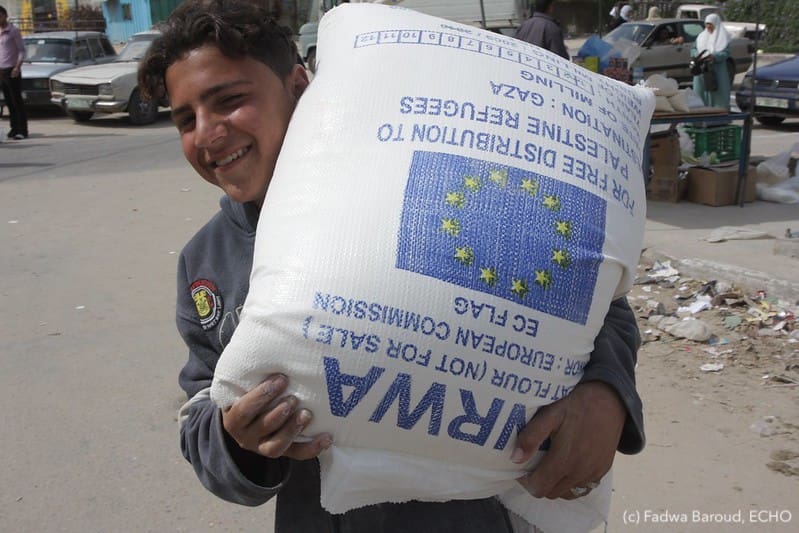
Israel recently launched a spate of attacks on UNRWA, the UN Agency serving Palestinian refugees, which could herald another attempt to shut the Agency down. Is UNRWA perpetuating Palestine’s conflict with Israel, as its Israeli critics allege, or does it provide essential relief and work for millions of Palestinian refugees who were displaced from their homes in 1948? Does UNRWA act as a catalyst to absorb the refugees in the Arab world and to contain their political struggle as its Palestinian critics allege, or does it keep their cause alive and visible on the international scene as its Israeli and Western critics allege? In this policy brief, Al-Shabaka Policy Advisor Randa Farah responds to UNRWA’s critics, while also casting a critical eye at the Agency. In doing so, she reminds us of the different reasons why the Agency was founded in the first place.
The Russell Tribunal on Palestine and the Question of Apartheid
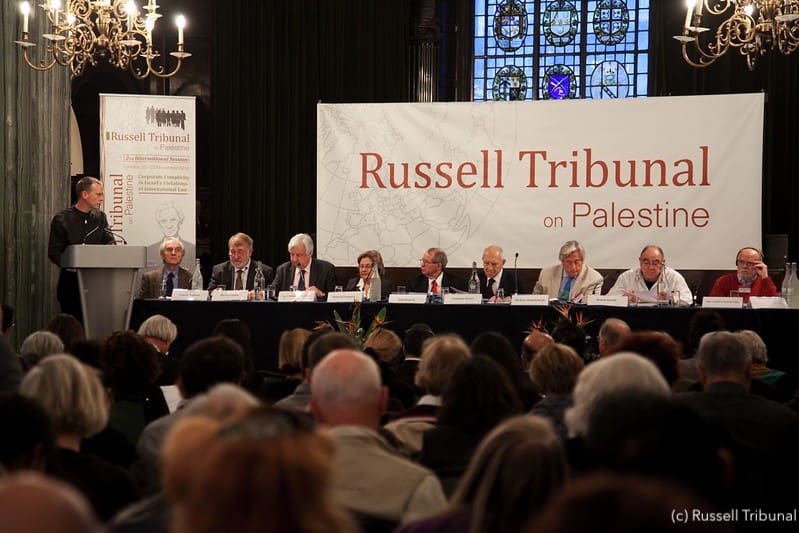
The third session of the Russell Tribunal on Palestine recently convened in Cape Town, South Africa. Its perhaps most controversial finding was that Israel applies a system of apartheid to the entire Palestinian people, including its own citizens. What is the significance of this finding, and what does it mean for civil society in Palestine and the Diaspora — and for Israel and its supporters? In this policy brief, Al-Shabaka Policy Advisor Victor Kattan describes what apartheid means under international law, highlights the Tribunal’s findings, and explains its significance.






